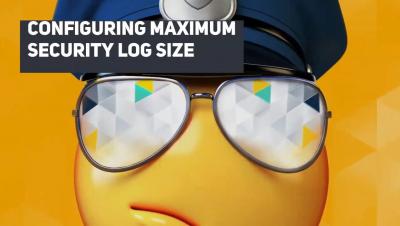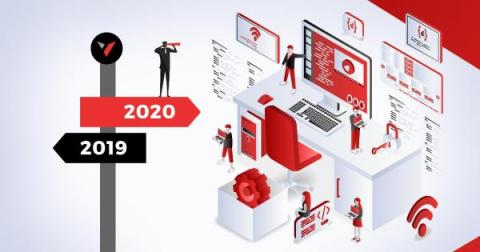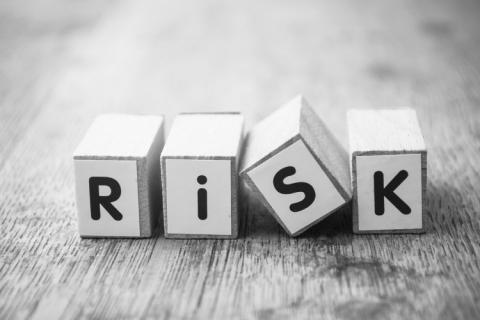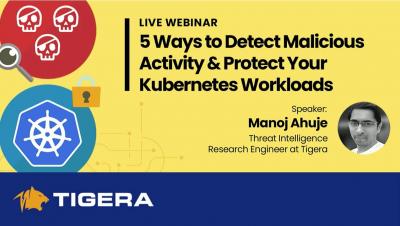Security | Threat Detection | Cyberattacks | DevSecOps | Compliance
%term
Why is End-Point Security Important?
Aiming to provide security for end-point users, end-point security is one of the most discussed components of data protection and cyber security. In this article, we will discuss what end-point security is and why it is important for your business. What is an end-point? An end-point refers to a distant device which has back and forth communication with a specific network. Such devices include desktops and laptops, mobile devices like smartphones and tablets, work stations and servers.
2019/2020: A Few Cybersecurity Reflections and Predictions
With 2019 nearly in the books, this post reflects on a few of the biggest cybersecurity developments of the past year, and on how these trends are likely to shape the industry in the coming year.
Top Risk Management Issues Facing Higher Education
Institutions of higher education (IHEs) are besieged by risk, especially cybersecurity and information security risk. Risk management for these institutions is critical but also extremely challenging, like trying to juggle balls and lighted torches all at once.
Signs of Phishing: Protecting Yourself During the Holidays
I recently wrote about phishing around the holidays and while I was working on the piece, I noticed a couple of friends posting recent emails on Facebook. I thought it might be fun to dig a bit deeper into those emails and look at the telltale signs that indicate these are phishing attempts.
The Chicken & Egg Secret Protection Problem in Micro-services
Alice keeps all her passwords in an Excel file on her desktop. However, she was told it is a very bad practice, since Eve can easily get access to the computer, read the file,and access Alice passwords and accounts. To enhance her security, Alice got a password protection software, KeePass, and she now saves all her passwords safely there – except for her KeePass password, which Alice keeps in an Excel file on her desktop. Good news for Eve...
Is Your Company Suffering from Supplier Stockholm Syndrome?
That phrase came to me many years ago when working on a multi-million pound IT outsourcing deal. We were up to our necks in the finer points of platform-wide and stack-deep security, and I realised we were fighting amongst ourselves more than challenging the final competing vendors. This infighting was partly due to the large amount of IT staff in the room likely to transfer to the winning team and partly due to the view of security controls as a bolt-on extra.
60% of Canadians Fear Falling Victim to Fraud this Holiday Season, Scotiabank Survey Reveals
How likely is it to fall victim to fraud? As far as I’m aware, I personally have not purchased from a fraudulent site, but I have had my card details stolen in the past. Additionally, I remember years ago that while attempting to find a flat, I found a ‘rental company’ who turned out to be one person attempting to rent out flat 13 that due to superstition didn’t actually exist.









